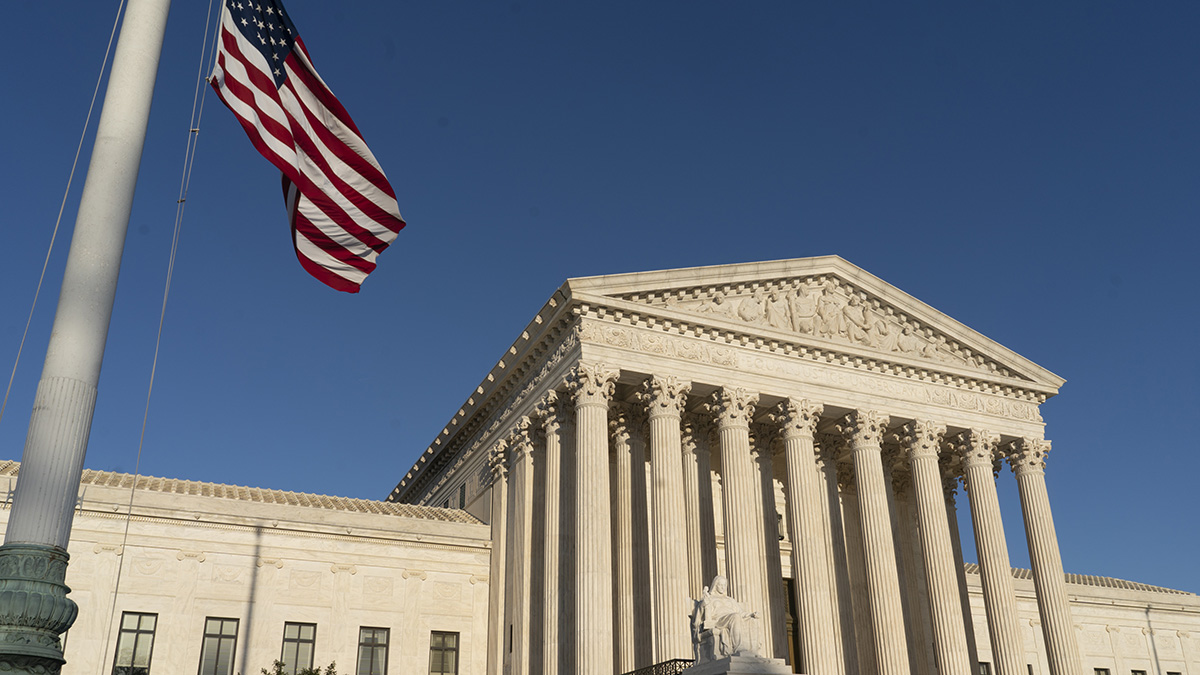If you're concerned about your risk for prostate cancer, don't forget to ask for a tomato the next time you order a hamburger. Better yet, skip the burger and order the grilled vegetables with tofu. More and more research shows that antioxidants in vegetables, particularly tomatoes and broccoli, can lower prostate cancer risk, while foods from animals may increase risk.
While ongoing studies are still assessing the value of antioxidant supplements, food scientists say they are already comfortable advocating that men eat a more vegetable-based diet to lower their risk of prostate cancer, not to mention heart disease and colon cancer. Below, Dr. John Erdman, a professor of food science and human nutrition at the University of Illinois in Urbana-Champaign, discusses how your diet, and your weight, can affect your prostate cancer risk.
Can nutrients in food lower risk of prostate cancer?
Both observational studies and clinical trials suggest that higher consumption of vitamin E and selenium reduces prostate cancer risk. Vitamin E is found in plant foods, including vegetables, vegetable oils and nuts, as well as egg yolks. Vitamin E is also in a lot of fortified breakfast cereals. Selenium is a metallic trace element that comes into plants from the soil, so it's in grains such as rice and wheat. You also get some selenium from animal foods, because the animals consume grain.
There is also quite a bit of observational evidence that tomato and broccoli consumption reduces risk of prostate cancer. In the tomato products, experts are focusing on nutrients called lycopene, which is responsible for the tomato’s red color. In broccoli, there are a number of sulfur compounds that are thought to detoxify carcinogens, substances capable of causing cancer.
How do these nutrients lower risk?
Selenium, vitamin E and lycopene are all part of the antioxidant protection system within the body. They are different compounds, so they each protect different aspects of the body from excess oxidation. Excess oxidation is harmful because it generates free radicals that can disrupt normal chemical reactions in the body. So if you oxidize DNA, you alter cell replication, which can cause normal cells to mutate into cancer cells. It is thought that many cancers are the result of an imbalance between oxidants and antioxidants, and therefore, if you consume components of the food that enhance your antioxidant capacity, there is less chance for cancer development.
What about the nutrients in soy?
There is research that shows that soy food consumption is also related to lower prostate cancer risk. However, experts are unsure if isoflavones, a weak form of estrogen, in soy is actual the catalyst for the reduction. There is also no evidence that taking isoflavone supplements reduces the risk of prostate cancer, even though they are often sold for that purpose.
“But I would recommend tofu or soymilk or other soy products including some of the energy bars that contain soy, or you can buy protein isolate powders,” says Erdman.
U.S. & World
Stories that affect your life across the U.S. and around the world.
Do you recommend foods over supplements in general?
“Certainly, my colleagues and I are advocating tomato products and broccoli consumption instead of supplements,” says Erdman. Data from a study of prostate cancer in animals suggest that consumption of tomato products, for example, is more advantageous than taking a lycopene supplement. Lycopene is one of the components of tomato that's very important, but it's not the only one. “In fact, we consume a large percentage of our vitamin C and vitamin E from tomatoes and tomato products,” says Erdman. “And there are other nutrients in tomatoes that we are also studying, such as beta-carotene.“
How many tomato-based products do you recommend weekly?
Seven to ten servings a week, which is only one serving a day. If you count tomato juices and raw tomatoes and pasta products, that is not hard to get. In fact, most men, particularly teenagers, when they consume pasta or even pizza, get a lot more than one serving at one time.
Does the way the tomatoes are prepared affect their impact on prostate cancer risk?
Some nutrients, particularly carotenoids like lycopene, are very poorly absorbed from raw foods, so some heating really helps. Consumption with a little fat helps, too. For example, you will only get 1 or 2 percent of beta-carotene absorption from raw carrots, but you will get much more if you lightly steam those carrots with a small amount of oil, or if it's part of a casserole recipe. The same thing is true for tomatoes.
Can antioxidant foods prevent prostate cancer or just delay its onset?
“We don't really know” says Erdman. “The information we have supports more of delay in the onset of the disease.” At least one out of six men has prostate cancer when they die, but that doesn't mean they died from prostate cancer. In fact, many men will die with the early stages of prostate cancer and not even know it. So by eating more healthfully, instead of coming down with prostate cancer when you're 65, maybe you can push it out until you're 80. At that age, it may grow so slowly it won't have any impact on your lifespan and you will be likely to die of something else. Likewise, when prostate cancer diagnosed in the 70s watchful waiting is not unusual at all. But if you get prostate cancer in your 50s, you'll most likely undergo an operation to remove the prostate, and then chemotherapy or radiation.
What foods increase prostate cancer risk?
A high amount of animal food consumption, as opposed to plant food consumption, appears to increase risk. This is most likely due to high amounts of saturated fat in animal food.
Do obese men have a higher risk of prostate cancer?
Overweight men have a higher rate of prostate cancer. There was also a recent study suggesting that levels of PSA, a marker in the blood that is associated with prostate cancer, might be 30 percent lower in obese men. Therefore doctors may be under-detecting or under-diagnosing prostate cancer in obese men. So there might be a double-edged sword where not only is it harder to diagnose prostate cancer in overweight men, but they are also more likely to have prostate cancer. Hormones might play a role in causing raising risk. Also, if you're overweight, you tend to be in a more oxidative state because the more food you consume, the more by-products of free radicals you produce. That could increase your risk, and that's where antioxidants may come into play. Also, what you choose to over-consume, such as foods high in saturated fat, could be a problem.
What nutritional advice do you have for men concerned about their prostate cancer risk?
“I think the bottom line is maintaining a more ideal body weight and making sure that you have your plant-based foods, including tomato products, broccoli and soy foods,” says Erdman. You're supposed to eat more fruits and vegetables anyway for many health reasons, such as heart disease and other cancers. You should also eat smaller portion sizes of dairy and meat. Changing your diet is something that you can do for yourself that can really make a difference



